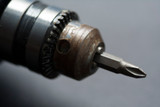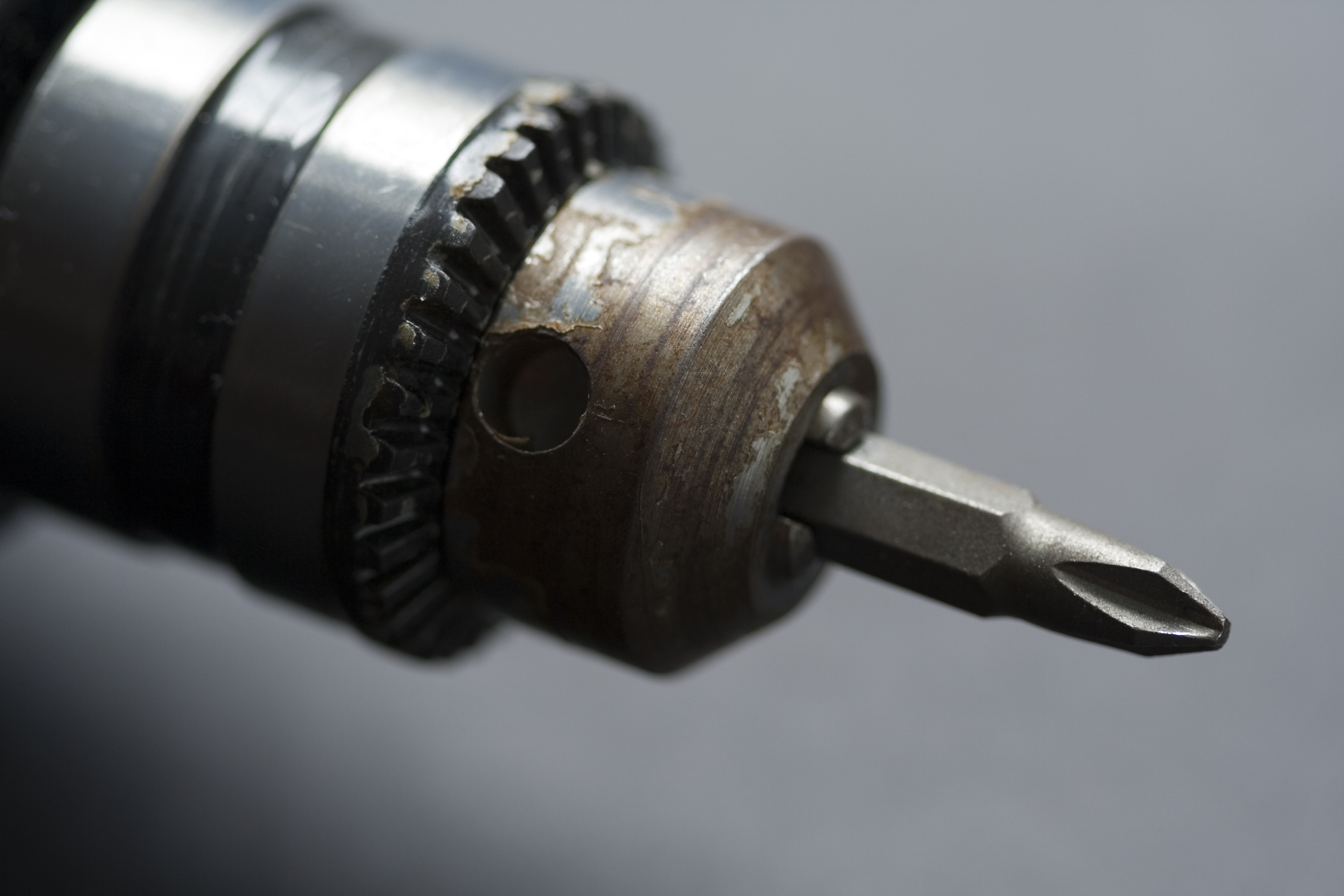Safe Use of Power Tools - The Do's and Don'ts

Power tools are no longer just adornment of the tradesmen or professional user.
The popularity of DIY within the home has gone from a lick of paint here and a few nails there to much bigger, more elaborate and complex jobs that require specific tools to conclude.

With the addition of power tool such as drills, grinders, sanders, saws and sprayers being both more widely available and more cost effective to own, this has created a market for your every day amateur to fill up their cupboards and sheds by buying their own power tools for use within the home environment.
However, without the proper training or prior use or knowledge of a particular item, the gap between risk and reward has started to grow.
For this reason, we feel it necessary to explain a few simple guidelines that you should be aware of before you start to use your power tools.
Some of them may seem juvenile, some you may even have seen or read about already as you brushed through the operation manual, but for those who glaze over or like to learn-by-doing, here is a neat little list of do's and don'ts.
WHAT TO DO
DO take stock of your equipment and working conditions.
Check if your tool or appliance will do the job correctly and safely for you. If the tool is unfit for use or even if it's just that the work conditions are not favourable, eg. if the area is messy, wet, or weather conditions have changed, the potential for an accident is increased and you should not consider continuing.
DO keep your tools clean and well maintained.
Make sure you thoroughly inspect the equipment before use, and store them appropriately after they have been used, and always away from the working area if no longer required. Tools can be just as much of a hindrance when left lying idle as they can when they are plugged in, and often are left as potential trip hazards.
DO use the right tool for the job
If you don’t have one, buy one - or borrow one from your neighbour, which they'll never see again after you break it or 'lose it' when stored, resulting in you having to invite the whole family round for tea one night. However, it's better being this scenario than trying to get the same quality and finish on a job done with an ill-advised and unsuitable tool.
DO thoroughly read the instructions
When you want to get a job done quickly it is tempting to dive straight in but make sure you completely understand how your tools work before using them. For those of you that have used similar tools before, but not the same brand or version, it's always worth a re-read and a check to make a note of the differences in appliances or brand models.
DO make sure you are comfortable with the equipment
If in any doubt – consult or even hire a professional. No one likes admitting defeat, but it's a lot cheaper than replacing a hole in your dry wall because you didn't want to dent your pride.
DO keep safe when working
Make sure you keep power leads, extension cords and hoses away from heat, oil, standing and running water and also sharp edges.
DO keep observers at a safe distance from your work area
Try, where possible, to work uninterrupted or stop work until you are given the necessary space to complete a job properly. It's hard enough looking out for your own well-being whilst using tools, let alone having to constantly ensure the safety of others. Although this should always be taken into account before starting a job, if you're finding people are continually waltzing in and out of your working space, feel free to throw a wobbly, make a cup of tea and wait for the melee to subside before continuing work. Any excuse for a rest - it's a DIYer's prerogative.
DO secure movable objects or materials with clamps or a vice
This frees both hands to operate the tool. If you don't have a vice or clamps, get some. Simple one, but we've seen enough tables give way under unbalanced stress, and swinging power tools are never a good thing.
DO make sure you keep good footing and maintain your balance
Wear the correct footwear. It's not all about making sure you don't accidentally saw your own feet off at the ankles. Rather than be just protective, having the right footwear on can also preventative. Stopping unnecessary slips and slides will in fact cut down a lot on a lot of unforeseen mishaps.
DO wear appropriate clothing
Loose clothing, ties and jewellery can become caught in moving parts and cause injury.
DO protect your ears
Doing this as standard when using any power tool will not harm, but again, another reason for reading the manual is to find out if you need to protect your hearing. Usually, in most specification sections of any instruction booklet, it will state the sound power and sound pressure readings, and seen as most power tools with a motor or mechanical parts are noisy, especially when in use, using them without adequate ear protectors can be detrimental to your hearing. Invest in some ear plugs or defenders. They are cheap and can save your hearing!
DO wear protective glasses
When you use power equipment, like circular saws or drills, etc, it is easy for materials to fly off and potentially hit your eyes causing injury or potentially even blindness. Some tools will even come with eye protectors or goggles, but just on the safe side, they'll be hanging around by the tills whilst your waiting to pay for your tool. Whilst your waiting for the cashier to get to you, be impulsive and pick a pair up.
DO store your power tools where children can’t gain access to them.
Another vitally important thing to remember. This one doesn't need to be overstated and is just good practice all round.
WHAT NOT TO DO
DON’T leave your power tools connected to a power supply when not in use
A simple but important prevention against hazards that you weren't expecting.
DON’T carry around your tools around with your finger on the switch
Avoid accidental starts and carry by the appropriate handle or better yet unplug the tool all together before moving. Any small trip or slip and who knows what you'll end up drilling or sawing.
DON’T carry a tool by its cord or hose
At the end of the day, you're putting stress and strain on the part of the tool has electricity rushing through it. In the same vein, you shouldn't ever yank the cord or hose to disconnect it from the power supply or plug socket.
A lot if this may seem like common sense and we can make light of it, but it’s surprising how many accidents are caused in the home as result of using power tools - and these are not a laughing matter.
Using your tools correctly and safely not only means that you protect yourself and others from harm but also means that you will do the best job possible, and maintain the accessories in the best possible way.
If you would like any advice on power tools, please contact our sales advisers on 01437 700123 to discuss.
To see our range of power tools, please visit the power tools section on our website here.

